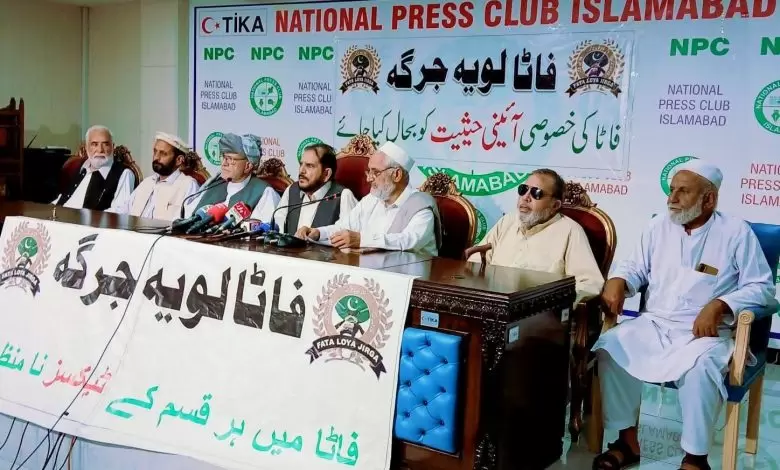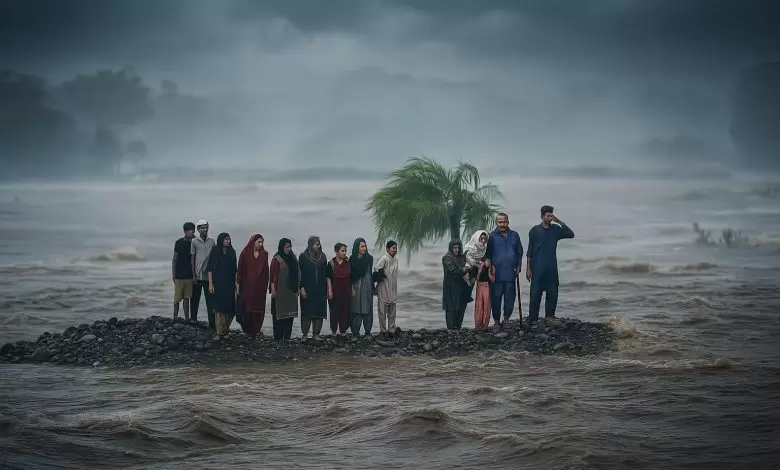Aiman Zeb
Throughout history, it has been an unfortunate norm that girls are often silenced and compelled to submit to their family's decisions when it comes to marriage. Amna, too, found herself trapped in an unwanted marriage.
Amna was born in Multan, the cherished daughter of a police inspector. However, her pampered upbringing was short-lived. At the age of seven, her father passed away, leaving Amna and her mother with two sons to rely on their maternal uncle in Mardan.
Amna, unable to speak Pashto and lacking a defined role, encountered hardship. Raised with love and care, she sometimes faced unwelcome attention and feelings of inadequacy. She moved between living with her mother and her aunt, trying to find her place. When she reached sixth grade, her brother secured a rented house, offering a glimmer of hope. However, this respite was short-lived, as her brother's marriage introduced new challenges and tensions into their household.
Also Read: Pervez Khattak’s Political Push: Breaking PTI’s Stronghold
Amna's life took a significant turn when she reached the tenth grade. Pressure mounted for her marriage, and despite her strong objections, she was forced into a union with a significantly older man. At just sixteen years old, she had no say in the matter and had to endure in silence.
The beginning of Amna's married life was marked by cultural differences and, more troublingly, domestic violence that started in the third week of marriage. A year later, she gave birth to a daughter, an event met with disappointment by her mother-in-law, as daughters were not celebrated in their society. The abuse escalated, and Amna suffered physical injuries, some inflicted with knives. However, she chose silence, not wanting to burden her mother and knowing that her brothers wouldn't listen.
After five years, Amna and her husband separated. She started working to support her household, as the burden of responsibility fell squarely on her shoulders. In addition to enduring physical abuse, her husband began stealing her hard-earned money. Amna held a job at a company and took on various side gigs to make ends meet, covering household expenses, children's education, and other necessities. She occasionally sought refuge with her mother and brothers during particularly tumultuous times in her marriage, but they reconciled only for the cycle of abuse to resume.
Amna was constantly tasked with maintaining family honor and appearances, while her husband showed little concern for their children's future. She dreamt of a better life for her daughters, working tirelessly day and night to secure their future. Tragically, when her elder daughter reached the tenth grade, they were involved in a serious accident. Her daughter survived, but Amna succumbed to her injuries two days later, leaving this world forever. Now, the responsibility fell squarely on her elder daughter's shoulders.
The blame for this tragic saga lies squarely with the adults who forced Amna into an early marriage, robbing her of her childhood. The consequences of their carelessness continue to afflict not only Amna but also her children. If society can shift its perspective, valuing girls like Amna for their education and development rather than rushing them into marriages, countless lives can be spared from such ruin, contributing to the country's progress and prosperity.
1.jpeg)
.jpeg)
01 Jul, 2025

.jpeg)


